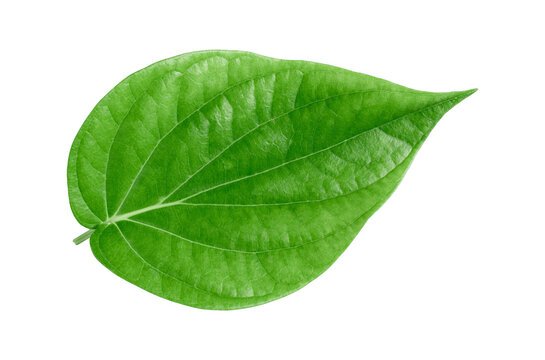Benefits of betel leaf
Benefits of Betel Leaf
Betel leaf, commonly known as Paan, is a heart-shaped leaf that has been used in traditional medicine and cultural practices for centuries, especially in South Asia. Beyond its cultural significance, betel leaf offers several health benefits:
- Rich in Nutrients
Betel leaves are a good source of vitamins like Vitamin C, thiamine, niacin, riboflavin, and carotene. They also contain essential minerals such as calcium and iron, which help maintain good health.
- Improves Digestion
Chewing betel leaves after meals is a traditional remedy for digestion. It stimulates the secretion of digestive juices and can help reduce bloating and constipation.
- Antimicrobial Properties
Betel leaves have strong antibacterial and antifungal properties. They can help protect the body against infections, especially in the mouth and respiratory tract.
- Boosts Oral Health
Chewing betel leaves can help maintain oral hygiene by killing harmful bacteria, strengthening gums, and preventing bad breath.
- Respiratory Relief
Inhaling the steam of boiled betel leaves or applying warmed betel leaves to the chest can provide relief from coughs, colds, and congestion.
- Anti-inflammatory Effects
Betel leaves can help reduce inflammation when applied to wounds, bruises, or swollen areas. They are often used in home remedies to ease pain and promote faster healing.
- Helps Control Blood Sugar
Some studies suggest that betel leaf extract can help lower blood sugar levels, making it potentially beneficial for people with diabetes.
- Supports Mental Health
Chewing betel leaves may have mild stimulant effects, helping improve mood, reduce stress, and increase alertness.
Note:
While betel leaves have many benefits, combining them with areca nut and tobacco (commonly done in "paan") can be harmful and increase cancer risk. It is healthier to consume plain betel leaves without harmful additives.
